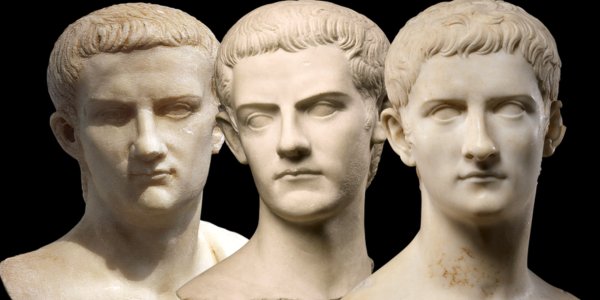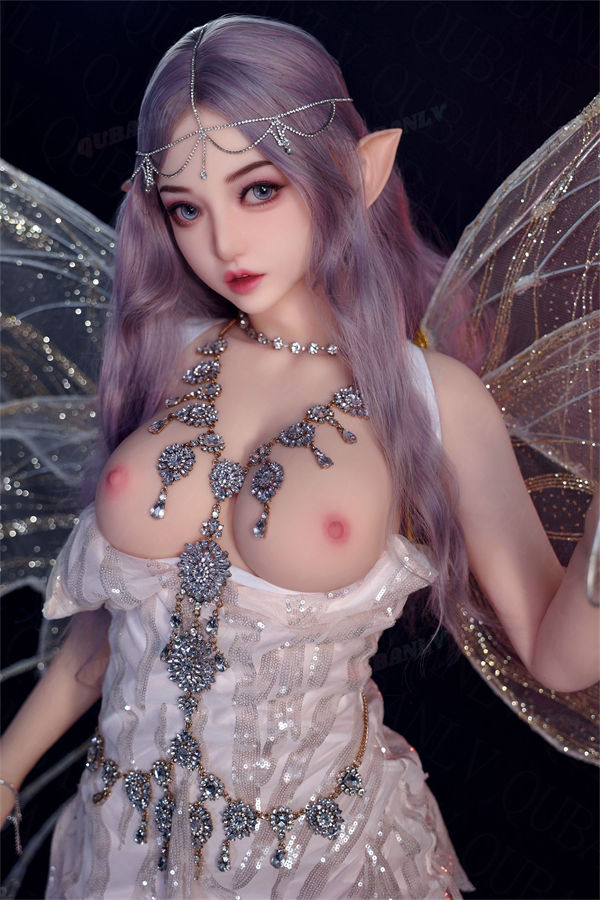Caligula
Caligula: Power, Excess, and the Origins of a Sexual Symbol
The name Caligula carries a notorious legacy. Historically, he was a Roman emperor remembered for his unpredictable behavior, lavish indulgence, and rumored sexual excesses. Over time, the name “Caligula” evolved beyond its historical figure—it became a cultural symbol associated with unrestrained desire, erotic domination, and moral decadence.
In modern sexual discourse, “Caligula” often represents the fantasy of total power and indulgence, where pleasure and control intertwine. It’s not about imitating cruelty, but about exploring how desire, authority, and taboo intersect in human sexuality. From ancient stories to erotic art and film, the term continues to embody the darker, more primal sides of pleasure.
Caligula’s Legacy in Erotic Imagination
The myth of Caligula has influenced generations of artists, writers, and even BDSM enthusiasts. The emperor’s reputation for sensual excess transformed into a metaphor for dominance, submission, and loss of restraint—themes that remain powerful in erotic storytelling today.
For some, invoking “Caligula” is about exploring the forbidden—the thrill of going beyond conventional limits. His image embodies a world where luxury, lust, and control merge, turning historical scandal into a lens for understanding how power can shape desire.
FAQ
What is Caligula known for?
Caligula, the Roman emperor, is known for his erratic rule, extravagant lifestyle, and rumors of sexual excess. His name later became synonymous with lust, power, and moral corruption.
Was Caligula good or bad?
Historically, Caligula is viewed as a cruel and unstable ruler. His reign was marked by acts of tyranny, extravagance, and alleged debauchery, leading to his assassination after only four years in power.
Why did they call him Caligula?
“Caligula” means “little boots.” It was a nickname given to him as a child when he wore miniature soldier boots while accompanying his father on military campaigns.
What did Caligula do with his horse?
According to ancient accounts, Caligula adored his horse, Incitatus, and allegedly planned to make it a consul. Some believe this was meant as satire against Roman politics rather than literal madness.
What were the sins of Caligula?
Caligula’s so-called sins included acts of cruelty, sexual excess, and political corruption. Many of these stories may be exaggerated, but they cemented his image as a symbol of indulgent depravity.
What does "little boots" mean?
The nickname “little boots” refers to the Latin word Caligula. It originated from the tiny military boots he wore as a child, which later became his enduring, infamous moniker.
















